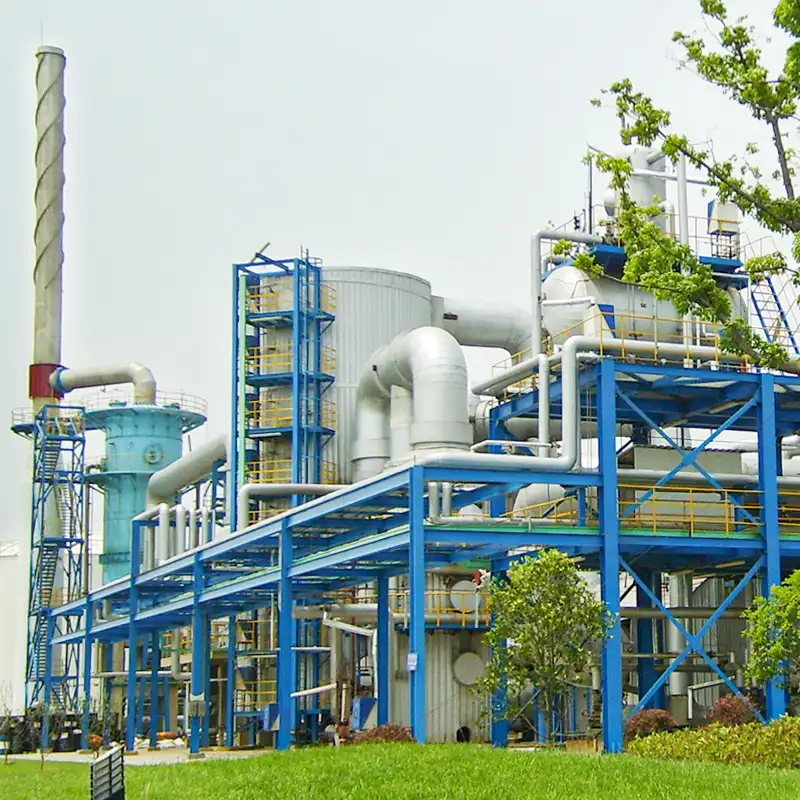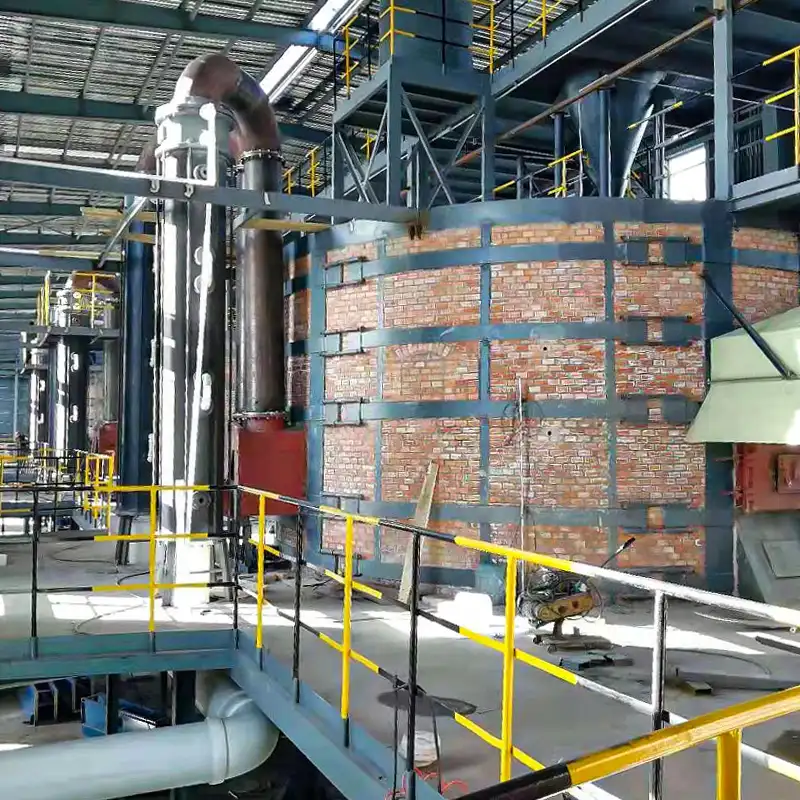
What Are the Primary Drivers Behind the Rising Demand for Potassium/Sodium Sulfate Production Line?
Growing use of potassium and sodium sulfate production line comes from their flexibility in farming and factories. Tighter nature rules also help by favoring earth-friendly choices.
Global Agricultural Needs and Fertilizer Applications
Higher need for potassium/sodium sulfate items mainly comes from their key place in today’s farming. These materials, especially potassium sulfate (SOP), are crucial for giving potassium without adding chloride. Chloride can harm delicate plants. Potassium sulfate helps greatly in growing treenuts like almonds and cashews. It aids in improving harvest amount and nut size. The powdered kind dissolves very well. This makes it perfect for leaf spraying and water-feeding systems. These systems deliver food straight to plants.
Growth in Industrial Usage Across Multiple Sectors
Beyond farming, potassium and sodium sulfates matter in many factory activities. People use them widely for making glass, pottery, cleaners, colors, and medicines. The GRP items and machines made by us Jiubo work in many areas. Main uses include potas-sium sulfate, sodium sulfate, chlor-alkali, polysilicon, food brewing, saltwater cleaning, power plant desulfurization, titanium dioxide, metal work, dirty air handling, city water supply and drainage. Their steady chemistry and safe features fit many different purposes.
Environmental Regulations Favoring Sulfate-Based Alternatives
As nature rules get stricter worldwide, factories are choosing more lasting materials. Sulfate-based plant foods like SOP offer a chloride-free choice. This helps land health and follows earth-kind growing standards. Wide use of chloride-free fertilizers comes from needing to keep land healthy. It also meets clean growing methods.
Aoliande meets these needs by giving modern making lines. These lines can handle farming and factory demands. They also ensure nature rule following through good waste reuse systems.
Which Regional Markets Are Showing Significant Growth Potential?
Need for potassium and sodium sulfate differs by place. Farming ways, factory growth, and rule systems influence this.
Asia-Pacific: Expansion of Agricultural Activities and Industrial Manufacturing
In lands like China and Japan, strong farming happens on little crop land. This has caused more use of high-work fertilizers like SOP. Japan’s potassium sulfate market will likely grow 3.2% each year during the study time. The country’s small crop land and high need for strong plant growing drive this. Also, fast factory building increases want for sodium sulfate in making parts.
North America: Technological Advancements and Sustainable Practices
North America sees steady need growth. This comes from exact farming ways and lasting growing projects. The USA potassium sulfate market will likely grow 2.8% each year during the study time. The move toward healing farming and more spending in high-price special plants support this.
Europe: Regulatory Push Towards Eco-Friendly Inputs
Europe’s strict farming rules help low-chloride fertilizers like SOP. The French potassium sulfate market will likely grow 2.7% each year during the study time… It makes fruits bigger, sweeter, and longer-lasting after picking.
Aoliande backs these place markets with custom-made production line answers. These answers fit local rule systems. They also keep work speed across different farming views.
How Are Different Industries Utilizing Potassium and Sodium Sulfate?
These materials serve various businesses. Each uses their special features for better work and speed.
Agricultural Industry: Role in Crop Nutrition and Soil Health
Potassium/sodium sulfate items are key in food handling plans. They give needed potassium without damaging chlorides. This makes them perfect for fragile plants like berries, salad leaves, tobacco, and potatoes.
Benefits Over Chloride-Based Fertilizers
Unlike muriate of potash (MOP), SOP adds no extra chloride to earth. This is a main plus for high-price plants needing exact food mixes. It makes overall earth build better. It also lessens salt stress on plants.
Aoliande’s SOP making skill ensures very pure results. They use better Mannheim furnace plans. These allow full reactions with less power use. This meets both quality wants and work speed.
Glass and Ceramics Manufacturing
In glass forming and pottery making, sodium sulfate works as a flowing helper. It helps lower melting heats. It also improves item clearness and strength.
Enhancing Product Quality and Process Efficiency
Sodium sulfate lowers flaws like bubbles or lines during making. This is key for businesses needing perfect clearness or toughness.
Aoliande’s GRP tool lines serve this part. They give rust-proof materials. These ensure long life under high-heat settings common in glass making places.
Detergents and Personal Care Applications
In home cleaners and body care items like shampoos or toothpastes, sodium sulfate acts as a filler or thickness adjuster.
Use in Formulations for Stability and Performance
Its unchanging chemistry keeps items steady over time. It also makes feel even. These traits matter greatly for makers of user goods.
Aoliande gives special tools. These allow fine control over part amounts through PLC robot systems. This suits firms wanting even batch quality in big work sizes.
How Is Innovation Affecting the Production and Application of These Compounds?
New tech advances are making making better, purer, and more lasting in potassium and sodium sulfate creation.
Advances in Production Technology for Higher Purity Grades
We had made the needed and key betterments on its production tools…to form a special and complete Potassium Sulfate production skill now. The outcome is purer SOP with better dissolving. This matters much for water-feeding systems in exact farming.
Customized Formulations to Meet Sector-Specific Requirements
Makers now shape mixes based on plant kind or factory use needs. These may be small-food-added SOP blends or low-leftover sodium sulfates used in drug helpers.
Integration of Circular Economy Principles in Manufacturing
Waste reuse system to recycle hydrochloride acid (HCl) and meet nature needs shows how makers add lasting ideas to their work. They lessen waste output while raising resource use.
Aoliande leads new ideas through owned tech upgrades in its Mannheim method lines. This ensures users gain from lower power costs. It also meets tight nature rules worldwide.
What Challenges Are Influencing Market Dynamics?
Even with growth chances, the field faces blocks like raw stuff changes, rivalry, and rule following costs.
Volatility in Raw Material Supply Chains
Raw items like potassium chloride (KCl) or sulfuric acid see price swings. World tensions or shipping troubles cause this. It affects cost setups for fertilizer makers everywhere.
Competition from Alternative Compounds
While SOP beats MOP for some plants, cheaper choices still lead big fertilizer markets. Price pushes cause this, especially in developing areas where cost worry stays high.
Regulatory Hurdles and Compliance Costs
Following nature standards often needs costly upgrades like smoke controls or waste handling systems. This blocks small to mid-sized makers most.
Aoliande lessens these issues by giving full EPC job skills. These cover plan talks through setup help. They smooth rule efforts while making work results best.
Who Is Aoliande and Why Is It a Trusted Supplier of Potassium/Sodium Sulfate Production Lines?

Hebei Aoliande Chemical Equipment Co., Ltd. leads in GRP tools and SOP making skill. It gives custom, quick, and lasting answers.
Overview of Aoliande’s Capabilities in Production Line Engineering
Hebei Aoliande Chemical Equipment Co., LTD. is a firm focusing on making GRP items and Mannheim furnace (potassium sulfate reactor) tools. Its Inner Mongolia factory alone can make 160 thousand tons of SOP yearly. It also holds several ownership papers. This makes it a field frontrunner.
Commitment to Quality, Efficiency, and Client-Centric Solutions
Aoliande can not only give items and making tools but also do EPC jobs with FEA (material, build, plan). Its use of rust-proof materials ensures long tool life. Robot PLC systems also cut worker costs greatly.
Global Reach with Proven Project Experience
With setups across farming areas worldwide—from Asia-Pacific fields to European fruit gardens—Aoliande offers size-flexible answers. These match place needs through full services. These include tech talks, plan customizing & start-up help.
Conclusion
Potassium/sodium sulfate items keep drawing more use in many parts. This comes from their plant benefits, factory flexibility, earth safety record—and ever-smarter making tech. Pioneers like Aoliande lead this. They mix building greatness with user-focused answers made for world markets.
FAQs About Potassium/Sodium Sulfate Production Line
What is the difference between potassium sulfate and sodium sulfate in industrial applications?
Potassium sulfate is mainly a top plant food due to low chloride; sodium sulfate sees wider use as an extra or handling agent. It works in glass forming, cleaner making & paper creation parts because of its steady chemistry.
Are potassium/sodium sulfate production lines environmentally safe?
Yes. These materials are safe in normal use; also, waste reuse systems help recycle hydrochloric acid (HCl) made during creation. This ensures small nature harm when made right.
Can Aoliande customize production lines based on specific industry needs?
Surely. Jiubo not only gives regular tools but also offers full EPC help—including plan changes based on material details & work needs. This makes it perfect for users wanting custom answers across different parts.





